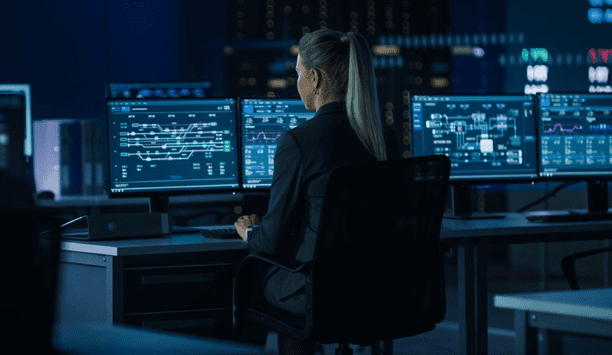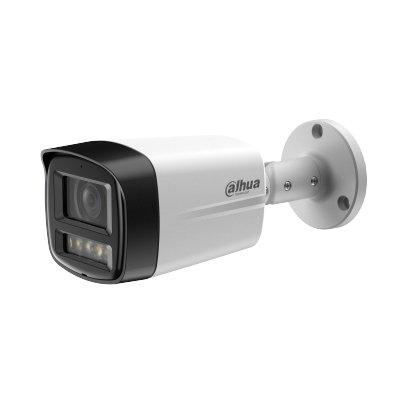Deep Sentinel delivers an unrivalled, next-generation approach to home security., released results of a new study that focuses on the lack of response to home security alarms within key metro areas across the United States. Deep Sentinel surveyed major American cities and sampled a portion of surrounding metro areas on their alarm response policies and found that every day, tens of millions of people run the risk of having their alarm calls go unanswered.
Ranked by the number of residents potentially affected by a ‘no response’ or ‘no guaranteed response’ to an alarm call in the surveyed cities, the top 20 American metro areas at risk are:
- New York-Newark-Jersey City
- Los Angeles-Long Beach-Anaheim
- Houston-The Woodlands-Sugarland
- San Francisco-Oakland-Hayward
- San Diego-Carlsbad
- Dallas-Fort Worth-Arlington
- Philadelphia-Wilmington
- Denver-Aurora-Lakewood
- Seattle-Tacoma-Bellevue
- San Jose-Sunnyvale-Santa Clara
- Riverside-San Bernardino-Ontario
- Sacramento-Roseville- Arden-Arcade
- Detroit-Warren-Dearborn
- Phoenix-Mesa-Scottsdale
- Milwaukee-Waukesha-West Allis
- Las Vegas-Henderson-Paradise
- Salt Lake City
- Boston-Cambridge-Newton
- Fresno
- Tampa-St. Petersburg-Clearwater
Consequences due to unanswered alarm calls
Deep Sentinel is dedicated to putting an end to false alarms and ensuring that when an alarm is activated, it will be taken seriously"
Ranked at #1, the New York-Newark-Jersey City metro highlights the severity of the problem. Deep Sentinel surveyed 19 cities in the metro area and found that 21 percent have a ‘no response’ or ‘no guaranteed response’ to an alarm call. This leaves nearly 9M people at risk of having an alarm call go unanswered.
Law enforcement agencies are inundated with false alarm calls (up to 95 percent), draining resources from their respective cities. This has resulted in many cities and agencies across America adopting policies that they do not respond or they don't guarantee a response to alarms.
“Because the overwhelming majority of home security alarms are false, there is a ‘boy who cried wolf’ mentality surrounding these calls,” said David Selinger, CEO and co-founder, Deep Sentinel. “It’s unfortunate because many of these calls are legitimate, but can go unanswered, leaving people and their property at risk. Deep Sentinel is dedicated to putting an end to false alarms and ensuring that when an alarm is activated, it will be taken seriously.”




















